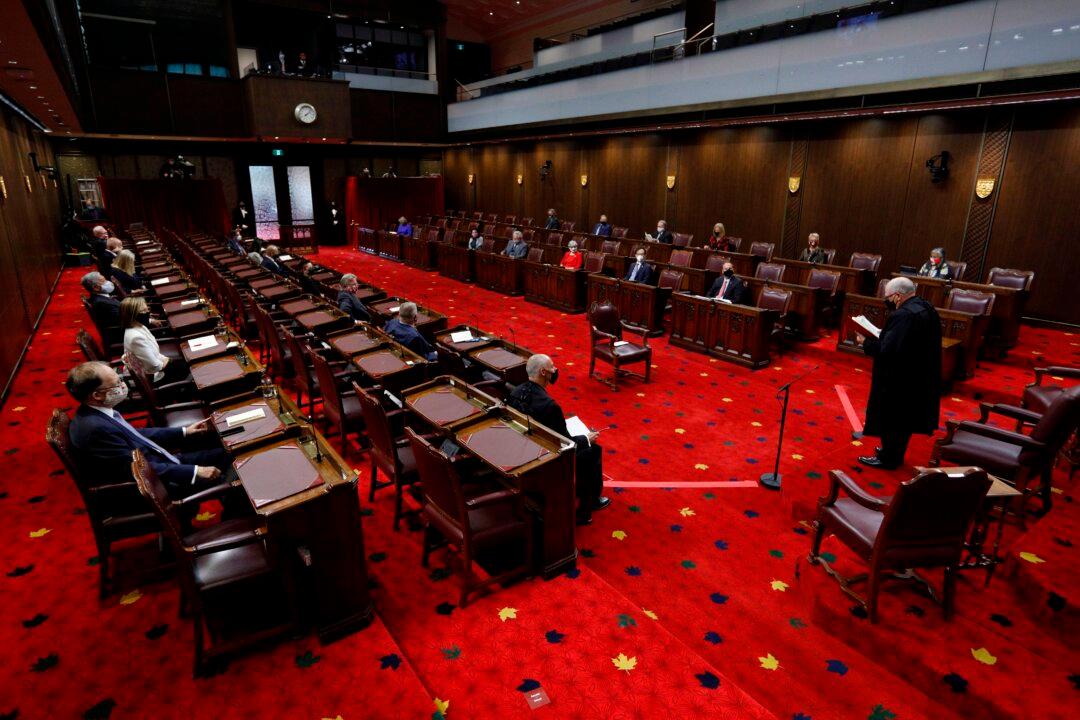Controversial internet regulation Bill C-10 has passed in the House of Commons, but it still has to win passage through the Senate before a predicted soon-to-be-called election would effectively kill it.
The bill places under the Broadcast Act audio and audiovisual content delivered over the internet by digital platforms, a move that some fear may lead to everyday Canadians getting censored for social media postings. However, the bill’s main aim is to impose Canadian content and production requirements on streaming services and social media platforms, such as Netflix, Amazon Prime Video, and YouTube, just as it has been doing for traditional broadcasters.





